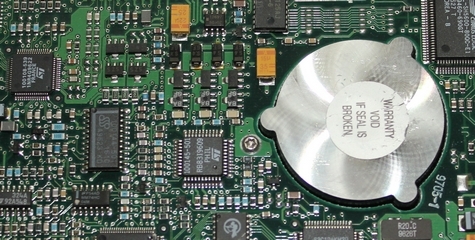WI-WE Progress
| Progress: 31.53% WWI-WE Version: 6 | |
| 0 | mandatory questions pending |
| 26 | questions total |
| 7 | questions answered |
| 7 | questions completed |
| 19 | questions pending |
Mapping Wild Cards
Inspired by: FP7 » Moore’s law run out

Originally submitted by: Martin Fatun
List of all contributors by versions (mouse over)
Last changed by: Martin Fatun
WI-WE status:
.png)
